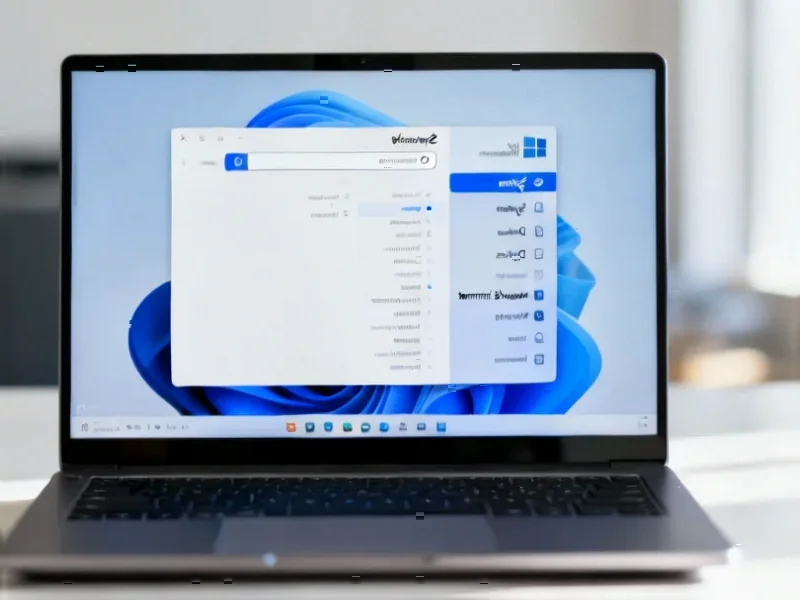According to Phoronix, the upcoming Linux 6.19 kernel will include support for Microsoft’s ACPI fan extensions through a series of patches submitted to the linux-pm.git repository. The changes address a compatibility issue where device manufacturers like HP assume operating systems will use Microsoft’s _DSM interface for setting fan speed trip points, causing stale fan speed values when Linux doesn’t implement this interface. The patch series includes six separate commits that perform code cleanup, fix 64-bit ACPI implementation issues, resolve hwmon support problems, add ACPI 11.2.3 fan notification support, and finally implement the Microsoft _DSM interface. This represents a significant step in improving cross-platform hardware compatibility for thermal management systems.
Understanding ACPI Fan Control Architecture
The Advanced Configuration and Power Interface (ACPI) specification provides a standardized way for operating systems to manage hardware power states and thermal controls. Microsoft’s _DSM (Device Specific Method) interface represents an extension that allows more granular control over fan behavior, particularly the ability to set custom trip points where the firmware should adjust fan speeds based on temperature thresholds. When manufacturers like HP implement this Microsoft-specific extension without proper fallback mechanisms, it creates compatibility issues for operating systems that don’t support the proprietary extensions. The Linux kernel’s traditional approach has been to rely on the standard _FST (Fan Status) control method, which now fails to provide accurate readings on systems expecting the _DSM interface to be active.
Technical Implementation Challenges
Implementing Microsoft’s ACPI fan extensions in Linux presents several technical challenges that the patch series addresses. The kernel commit shows the complexity of maintaining backward compatibility while adding new functionality. One critical issue involves handling the transition between traditional fan control methods and the new notification-based system. When firmware only updates fan speed values during _DSM notifications, the kernel must ensure it can still provide accurate thermal data to userspace applications and system monitoring tools. This becomes particularly challenging with 64-bit ACPI implementations where placeholder values and memory alignment issues can cause incorrect reporting.
Broader Hardware Compatibility Implications
This development highlights a growing trend in the PC industry where manufacturers increasingly design hardware with Windows-specific assumptions, creating compatibility challenges for alternative operating systems. The lm-sensors issue demonstrates how these compatibility problems manifest in real-world scenarios, where users experience incorrect temperature readings and suboptimal fan behavior. By adopting Microsoft’s _DSM interface, Linux gains better compatibility with modern laptop designs that rely heavily on sophisticated thermal management for performance and battery life optimization. This move represents a pragmatic approach to hardware compatibility where the Linux community recognizes that sometimes implementing proprietary interfaces is necessary to ensure proper hardware functionality.
Future of Cross-Platform Thermal Management
The inclusion of Microsoft’s ACPI fan extensions in Linux 6.19 sets an important precedent for how open-source systems can better integrate with proprietary hardware interfaces. This approach could serve as a model for handling other Windows-specific ACPI extensions that have become de facto standards in the PC industry. As thermal management becomes increasingly critical for modern processors with aggressive boost behaviors and power management features, having reliable cross-platform fan control becomes essential for both performance and user experience. The Linux kernel’s willingness to incorporate these Microsoft-specific extensions demonstrates the project’s maturity in balancing ideological purity with practical user needs, ensuring Linux remains a viable option on modern consumer hardware.




